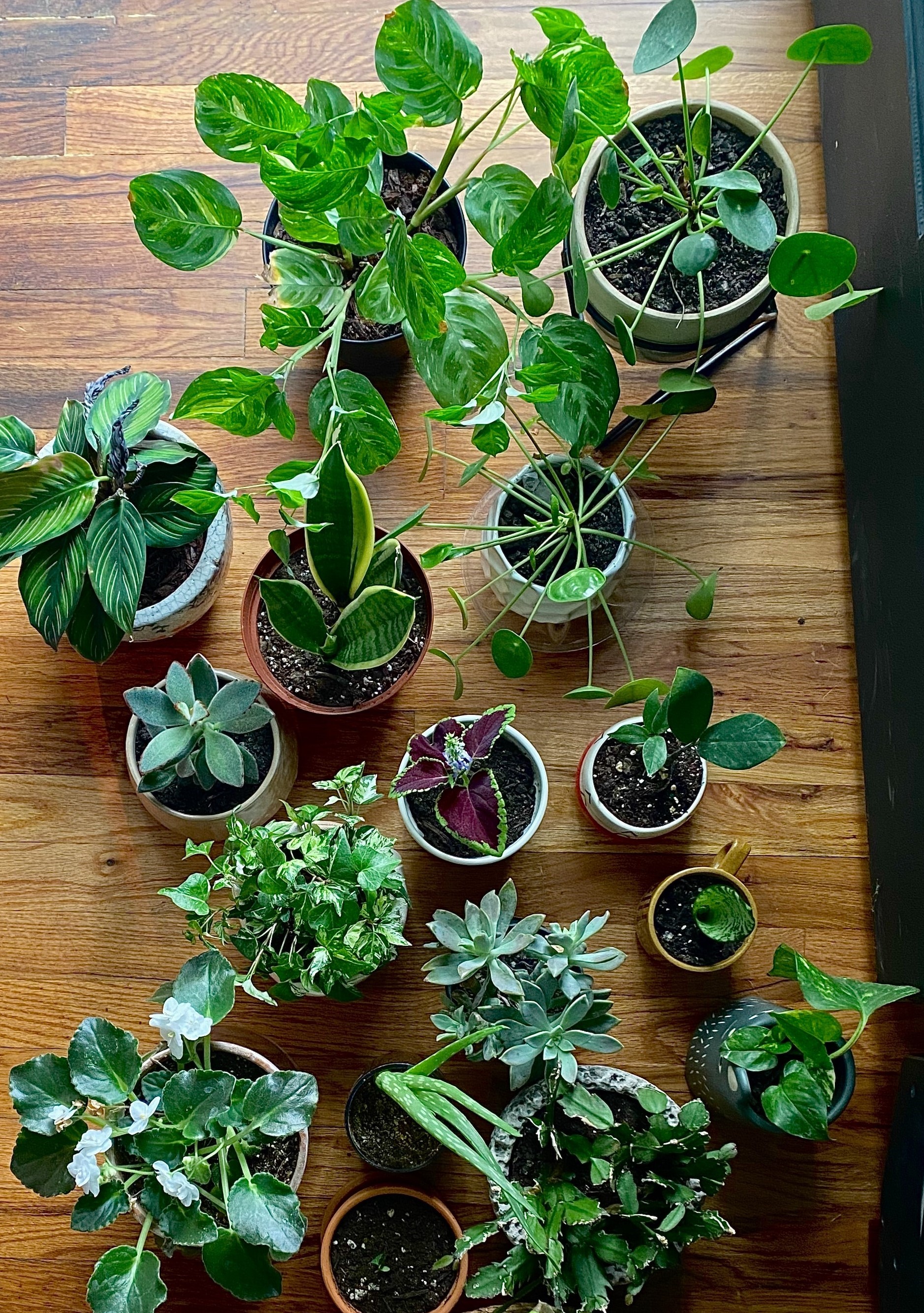Not all facemasks and bubblebath!
August 01 2023

Kyanne is an avid writer and reader, writing book reviews online and moderating her own book club. She has recently become one of our student ambassadors. She explains why:
“I wanted to be a student ambassador for Charlie Waller because I have been working on my mental health for the past few years and have learnt what has worked and what hasn’t through trial and error.
"By becoming a student ambassador for the Trust, I hope to help other young people in having honest conversations about mental health and wellbeing beyond the superficial realm of facemasks and bubble baths!”

Breaks don’t need to be earned!
Kyanne feels that mental health can be a daunting topic. She says: “People often talk about it in terms of reaching a breaking point or mental health adversities. Whilst this is important, treating mental health as a continuous process is more beneficial.
“This is because you deserve to treat yourself and have things to look forward to on a day-to-day basis, not just because you are going through a period of struggling.
“I used to think that these treats were reserved for productivity – lots of young people, particularly students, feel that they have to work towards ‘earning’ breaks or treats and measure their worth in productivity.”
“Whether you send that email that you have been meaning to send for the past few days or not, you are still entitled to look after yourself.”
This is something that Kyanne still struggles with but, she says, perspective is extremely important: “Whether you send that email that you have been meaning to send for the past few days or not, you are still entitled to look after yourself.”
Kyanne often finds that when she’s in a rut when studying, taking a break to dance in front of her mirror or going on a short walk can help her to think more clearly.
Toxic positivity
“We should support our mental health regardless of our mood,” she says, “in order to establish healthy coping mechanisms and relationships with ourselves,” though she feels this is easier said than done:
“It can be extremely hard to support your mental health due to the plethora of 'self-care' items advertised (eg facemasks) as well as struggling with motivation. I’ve done about 150 facemasks in my lifetime and, whilst they have been relaxing, they don’t immediately eliminate your problems!

“Furthermore, whilst some people view putting on a face mask or painting your nails as an ‘easy’ task, it is incredibly difficult to do these seemingly simple activities if you are struggling with your mood.”
Kyanne feels the process of supporting your mental health can be very intimidating because of the toxic positivity that is sometimes associated with it – so she’s come up with a few tips:
Kyanne’s mental health tips
Tip 1: Do things you enjoy
Make a list of things you enjoy. If you struggle doing this, it may be beneficial to think about things that you have enjoyed in the past.
Once you have made the list, you should think about the most attainable items in terms of your lifestyle (for instance, you may enjoy ice-skating but may rarely have the time to go).
Choose at least one thing from the list (big or small) that you can use and implement in your daily life and set a goal for yourself to do this activity once a week so you have something to look forward to.
Last year, I took part in a behavioural activation challenge during suicide awareness month and did a new activity every day. I found it helpful; however, a key part in making this work to aid your mental health is being honest with yourself about your emotions. Sometimes, I would do activities – for instance, cleaning my room – and wouldn’t enjoy it and that is perfectly fine!
It’s important to be in tune with yourself and recognise when something isn't working in order to think about what changes you might need to make to improve your wellbeing.

Tip 2: Create a safe space
Cultivate a safe space for yourself. This could be your room, your school, a friend's house - anywhere you feel at peace. Knowing you have somewhere to go where you feel safe is invaluable and can help to improve your mood.
Even if you're in a positive mental space, it is still nice to have a safe haven to relax in and unwind from any stress that occurs during the day.
I’ve had a complicated relationship with school but during what seemed like the worst days, I was grateful to come back to my room! I take pride in my room, decorating it with pictures and posters that inspire me and owning way too many plants.
Tip 3: Reach out
As cheesy as it may sound, having friends and family that support you and uplift you can be instrumental in aiding wellbeing. It may be useful to evaluate your friendships and relationships in order to see who is supporting you and who isn’t – also reaching out to other people.
I reached out to someone once when I was going through a difficult time with my mental health and many inside jokes and deep conversations later, I’m grateful to call this person my best friend.
It’s a journey
Kyanne says: “These tips are by no means a definitive list – healthy mechanisms to aid mental health can vary greatly from person to person. What is important is that you are honest with yourself; as long as you stick to that, you cannot go wrong.
“Also remember that happiness and mental health is a journey, we are constantly bettering ourselves and it is important to acknowledge this!”
Related
Popular
Upcoming event

Join us for the Bath Half Marathon to support young people and their mental health!

The Charlie Waller Trust
The Charlie Waller Trust is a registered charity in England and Wales 1109984. A company limited by guarantee. Registered company in England and Wales 5447902. Registered address: The Charlie Waller Trust, First Floor, 23 Kingfisher Court, Newbury, Berkshire, RG14 5SJ.
Copyright © 2025 The Charlie Waller Trust. All rights reserved.






